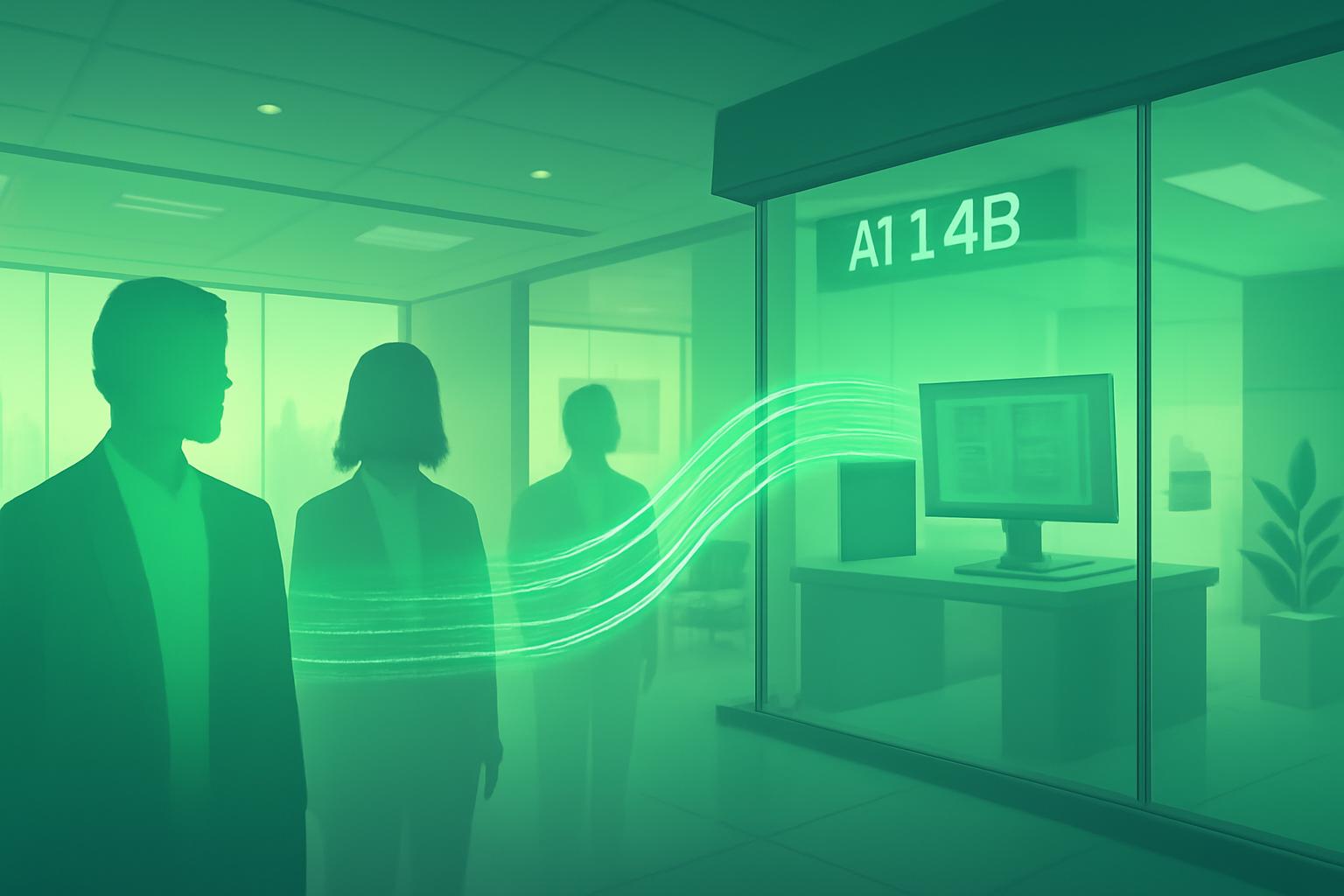Mercor’s Innovative Approach to AI Data Acquisition
Instead of negotiating costly data contracts with companies, AI laboratories are increasingly turning to a novel strategy: engaging former senior employees from target industries to share their specialized knowledge. Brendan Foody, CEO of Mercor, detailed this approach during TechCrunch Disrupt 2025. Mercor operates a marketplace that links ex-professionals from investment banks, consulting firms, and law offices with AI developers aiming to automate complex workflows in these sectors. Notable clients include OpenAI, Anthropic, and Meta.
“Goldman Sachs doesn’t want models automating their value chain,” Foody explained. “That dynamic forces AI labs to hire contractors who intimately understand these workflows to train automation models.”
Economics of Mercor’s Contractor Network
At just 22 years old, Foody’s Mercor pays industry experts up to $200 per hour for completing detailed forms and authoring reports used to train AI models. The platform currently engages tens of thousands of contractors, distributing more than $1.5 million daily. Despite these payouts, Mercor remains profitable, supported by AI labs’ willingness to pay premium prices for exclusive, high-quality data. In under three years, Mercor’s annual recurring revenue has soared to roughly $500 million, culminating in a recent funding round that valued the company at $10 billion.
Industry Resistance and Embracing the Future
Established companies are wary of Mercor’s model, fearing that proprietary knowledge is leaking through former employees and enabling automation that could disrupt their value chains. Foody acknowledges this tension but refrains from labeling it a loophole. Conversely, some firms are proactively embracing this shift, seeing Mercor’s marketplace as a catalyst for a new gig economy akin to Uber’s transformation of transportation. Earlier this year, Uber’s former chief product officer, Sundeep Jain, joined Mercor as president, underscoring this vision.
“Some companies realize the world is changing fast and embrace it. Others fear disintermediation. I believe those embracing change will be on the right side of history,” Foody stated.
Mitigating Corporate Espionage Risks
Mercor takes measures to prevent illegal activities such as corporate espionage, which involves stealing proprietary information or trade secrets. Contractors, many still employed part-time at their original firms, are instructed not to submit confidential documents. Nonetheless, Foody concedes that given Mercor’s scale, some risk remains. He defends the stance that knowledge residing in an individual belongs to them rather than their employer—a viewpoint that contrasts with many corporate policies. Mercor’s job postings sometimes blur lines between personal expertise and corporate data. For instance, the company seeks startup CTOs willing to grant access to substantial production codebases for AI evaluation and training.
Mercor’s Market Position and Industry Impact
Mercor pioneered recruiting highly skilled knowledge workers in the U.S. for AI model training, moving beyond basic labeling tasks outsourced to developing countries. Competitors like Surge and Scale AI have since adopted similar expert-driven approaches. Following Scale AI’s leadership changes and Meta’s investment, Mercor’s value has quintupled in the last year, though it remains smaller than Surge and Scale AI, both valued above $20 billion. Currently, Mercor’s revenue is concentrated among a few AI labs, but the company plans to expand into other sectors such as law, finance, and healthcare, where AI-driven data leverage promises significant transformation.
“Eventually, AI like ChatGPT will outperform top consulting firms, investment banks, and law firms, radically transforming the economy for the better,” Foody predicted.
FinOracleAI — Market View
Mercor’s innovative model addresses a critical bottleneck in AI development: access to proprietary, high-value data. By leveraging former industry experts, Mercor circumvents traditional barriers, accelerating AI automation in complex sectors.
- Opportunities: Expansion into regulated industries (law, finance, healthcare) with high-value data needs; creation of a specialized gig economy for knowledge workers; potential to redefine AI training standards.
- Risks: Legal challenges around intellectual property and confidentiality; reputational risks from potential data misuse; resistance from incumbent firms protective of proprietary workflows.
Impact: Mercor is positioned to disrupt traditional data acquisition models, accelerating AI integration in professional services and catalyzing a new era of knowledge-driven automation.













